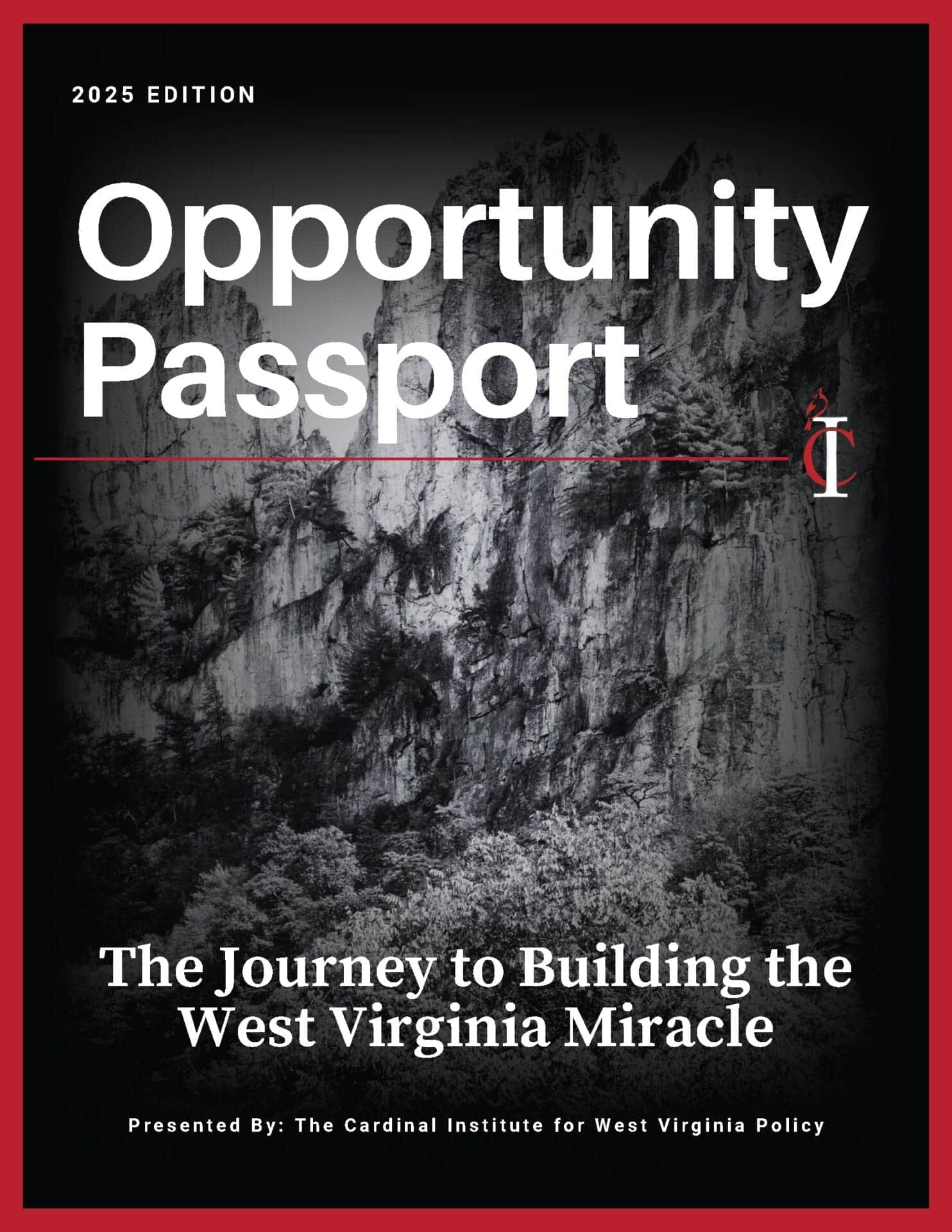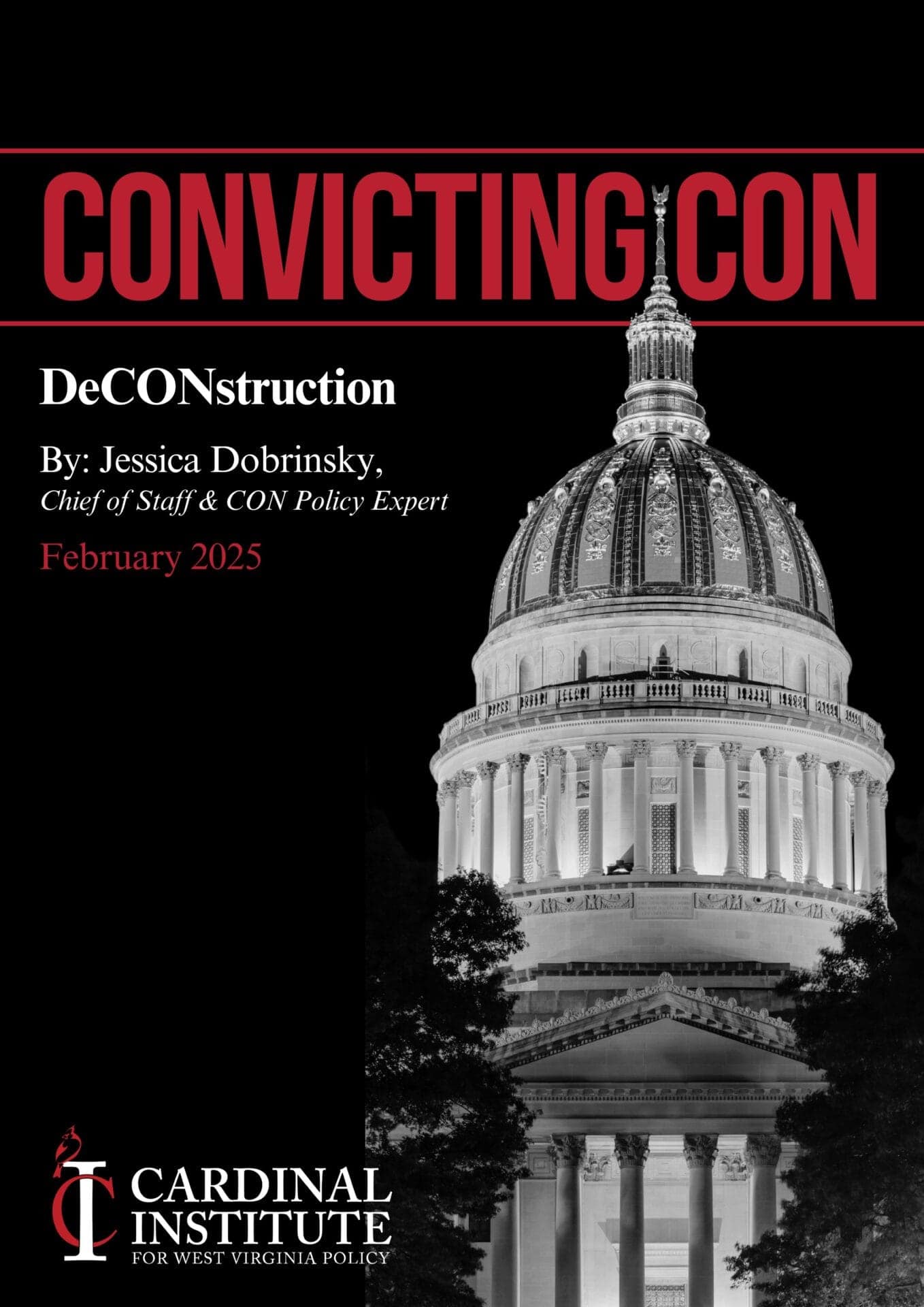
Sandboxes For All
Cardinal Team
Sandboxes Promote Innovation
Regulation and innovation are inherent competitors with government-mandated constraints to what a person can and cannot do. The laws dictated by federal and state agencies create significant barriers to startups and protect existing companies from new competition. However, regulatory sandboxes have opened up opportunity for businesses to develop new services and products without fear of interference.
The concept became well-known in 2014 when the United Kingdom launched the first sandbox for financial technology or “fintech.” The construction of sandboxes promised to provide a testing environment for businesses free from the constraints of burdensome regulations.
New Sandbox in West Virginia
This year, the West Virginia State Legislature introduced HB2221, allowing sandboxes to be created for insurance products and services. If a trial is successful, there is a clear pipeline for companies to enter the market.
Similarly, West Virginia created a new fintech sandbox during the 2020 legislative session. It allows those who would typically need a license to operate to partner with a financial institution for 24 months instead. This empowers businesses to begin testing a product with mild supervision rather than going through the process of applying for licensure. Just last week, West Virginia welcomed the first company approved for the fintech sandbox program.
FreedomTrust is a digital management program that admits financial advisors with access to cryptocurrencies, an increasing new form of currency, such as Bitcoin. Yahoo Finance interviewed Joshua Bryant, a partner and digital asset advisor to FreedomTrust, who said the following, “It feels like West Virginia wants us to be here. It is very exciting to see the state encourage entrepreneurship.”
Regulatory Sandboxes in Other States
However, West Virginia should not stop there. Utah recently passed legislation to create the first ever legal sandbox in the nation. In a report released by the Utah State Supreme Court, in four months, 33 applications were received to participate, 12 had been admitted, and 18 were in the process of moving to admission.
Providers within a legal sandbox may oversee the formation of paperwork such as wills and contracts. Rocket Lawyer, a participant in Utah’s legal sandbox, offers services for class action lawsuits, divorce, and property cases. This legal sandbox provides greater access to legal services at an affordable cost to those who need it.
Sandboxes are a hint at a promising future for businesses and modernization. West Virginia has succeeded by welcoming sandboxes to the mountains, but many industries can benefit from the creation of sandboxes. The next step should be to avoid industry-specific sandboxes and instead create an inclusive general sandbox.
Jessica Dobrinsky is the Policy Development Associate for the Cardinal Institute for West Virginia Policy.







